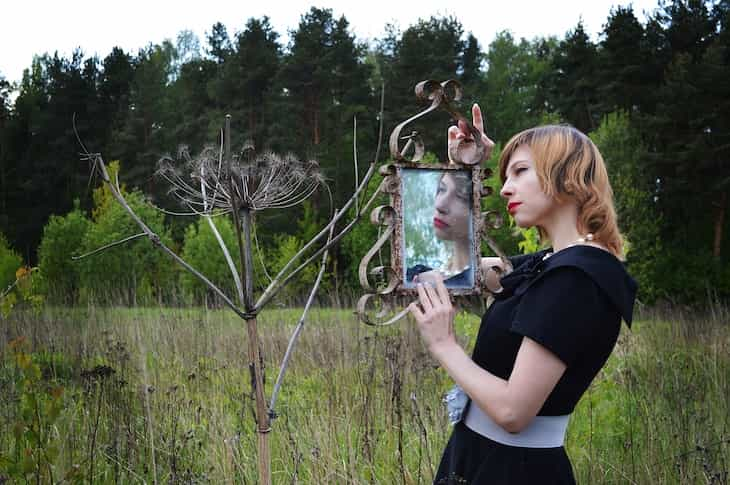Introverted people prefer being on their own – it's one of the most commonly known facts about introverts that most people know.
Meanwhile, seeking loneliness and privacy aren't the only key features that make introverts who they are.
Here are a few more ways of how being introverted affects a person's social bonds.

Small circle of friends
Introverts tend to have a smaller group of close friends rather than a large number of acquaintances.
They prefer deeper connections with a few people rather than many shallow connections.
Need for alone time
Introverts often need time alone to recharge and regain energy.
They may prefer spending time by themselves rather than constantly being with others.
This can sometimes make it challenging to maintain frequent social interactions.
Selective socializing
Introverts may be selective about the social events they participate in.
They prefer activities that align with their interests and values, and may feel drained or overwhelmed by large gatherings or noisy environments.
They may prioritize quality over quantity when it comes to socializing.
Meaningful conversations
Introverts tend to enjoy deep conversations and may find small talk less fulfilling.
They value meaningful interactions where they can discuss ideas, emotions, and topics they find interesting.
This can lead to forming strong bonds with individuals who appreciate these types of conversations.
Building trust slowly
Introverts may take longer to open up and build trust with others.
They may need time to observe and feel comfortable before fully engaging in a relationship.
Once trust is established, introverts can be loyal and dependable friends.
Preference for one-on-one interactions
Introverts often feel more at ease in one-on-one settings rather than large group settings.
They may find it easier to connect and communicate with others when they have the opportunity to have focused and meaningful conversations.
Previously, we talked about chronic pains.













